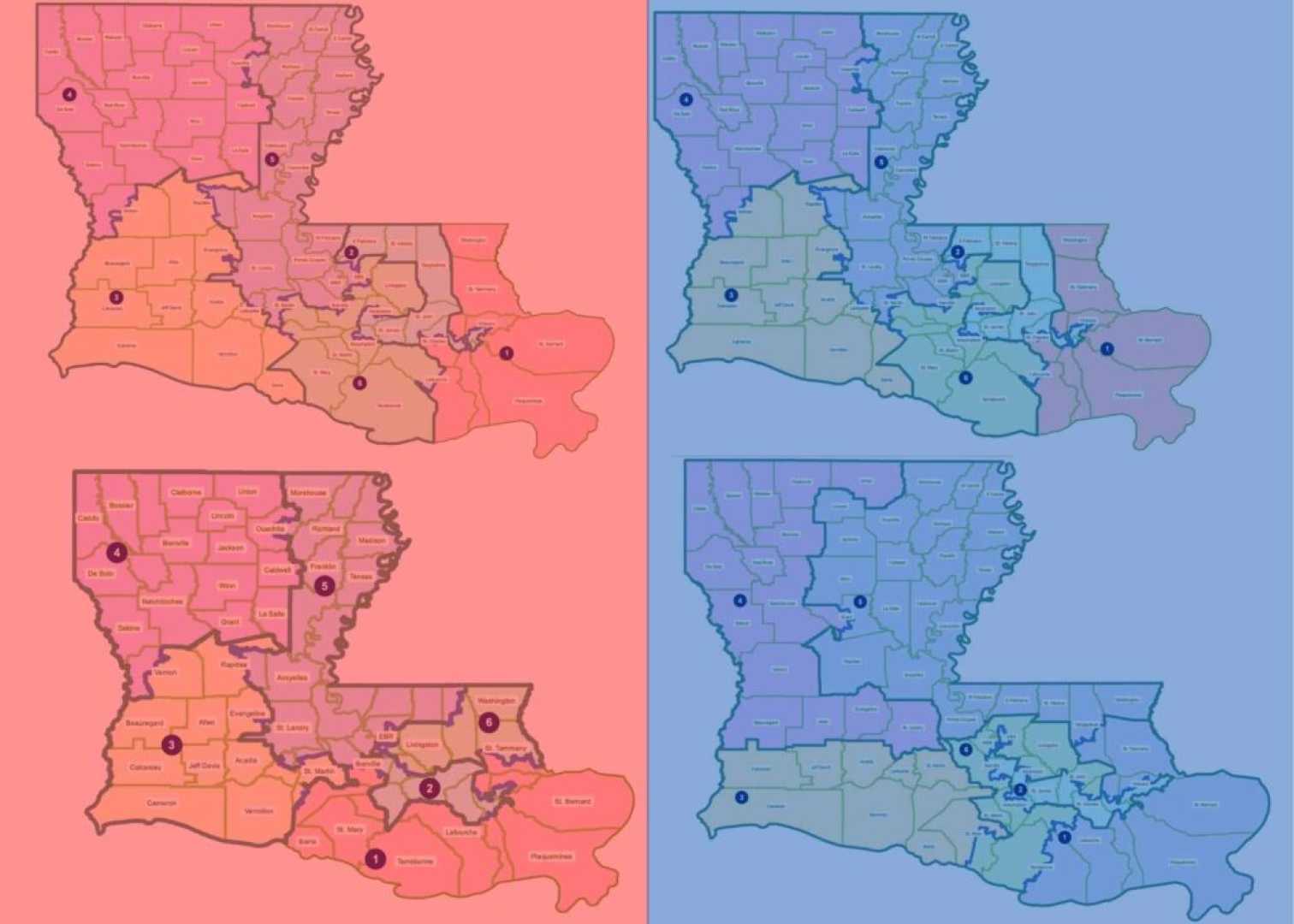Politics
Supreme Court Weighs Louisiana Redistricting Case Impacting Voting Rights Act

Washington, D.C. – The U.S. Supreme Court is set to hear oral arguments on October 15, 2025, in a high-stakes case challenging Louisiana‘s congressional district map, potentially jeopardizing the Voting Rights Act of 1965.
The case centers on whether the creation of a second majority-Black congressional district in Louisiana amounts to unconstitutional racial gerrymandering. This arises from conflicting interpretations of Section 2 of the Voting Rights Act, which aims to protect minority voters from discriminatory redistricting practices.
In 2022, Louisiana’s legislature adopted a congressional map with only one majority-Black district, despite Black voters comprising about a third of the state’s population. Following a successful lawsuit by Black voters asserting violations of their rights, the state was required to redraw the map, resulting in a second majority-Black district.
A group of white voters then challenged the new map, claiming it improperly sorted voters by race. A lower court agreed, ruling the redistricting unconstitutional. The Louisiana legislature defended the new map but has since shifted positions, now arguing that its race-conscious design violates the 14th Amendment’s equal protection clause.
The Supreme Court has previously shown skepticism toward race-based redistricting. Chief Justice John Roberts and Justice Brett Kavanaugh have expressed concerns that ongoing racial considerations in redistricting may no longer be necessary. The outcome of this case could either uphold or dismantle Section 2’s provisions.
Janai Nelson of the NAACP Legal Defense Fund has cautioned that striking down Section 2 would be “utterly devastating.” She argues it would significantly diminish protections for minority representation, potentially allowing for increased racial gerrymandering across the country.
As the court prepares for the arguments, observers are watching closely, given the possible repercussions for minority representation and the Democratic Party’s influence in Congress.












